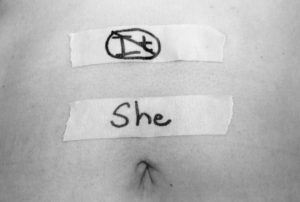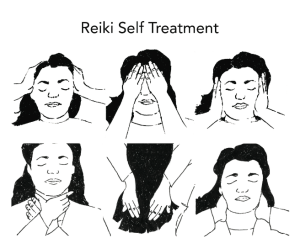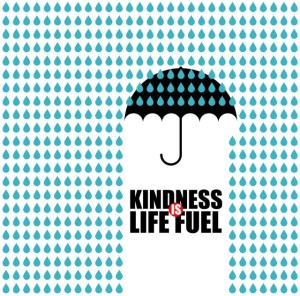 This article also appears on The Huffington Post
This article also appears on The Huffington Post
My abs are tight, stomach flat, legs and arms strong and fit, I haven’t had a cold in months – I’m beautiful. I love myself. This body, she is wonderful and I feel so much love for her.
But then . . . something changes. A cold sneaks up on me and I’m sneezing, stuffy, and coughing – feeling miserable. Or I’m busy at work and haven’t done any crunches in weeks and my abdominal muscles return to their womanly shape. Or time has simply marched on and my muscle tone and skin tone have changed – not so tight anymore. I show my age.
How can I love this body? She’s not pleasing me right now. She doesn’t allow me to maintain the façade of youth. She gets sick – sometimes very seriously sick. How can she do this to me?
Can I love my body in sickness and in health? Can I love her unconditionally?
Honestly, that has been difficult for me. When things aren’t just right with my body, I notice my thoughts are not as kind, not as gentle. I hear my mind say, “How could this have happened?” As if I’m immune to all illness, injury, and aging. Then I hear, “If I don’t look great, I’ll lose so much in my life: work, relationships, attention.” Now, really mind is that true?
Let’s take a moment here for The Work from Byron Katie:
- Is it true? (Yes or no. If no, move to 3.)
- Can you absolutely know that it’s true? (Yes or no.)
- How do you react, what happens, when you believe that thought?
- Who would you be without the thought?
This thought is pretty easy to deconstruct:
- No
- [Skip]
- I’m mean to my body. I don’t treat her well. I’m judging her negatively and I want to hide her.
- I would be a being of love and light. I would love her unconditionally.
Ah, love unconditionally. Can I love my body as I love my beloved? Can I treat her the way I treat those I love the most in my life? Why is this so hard?
For me, I know that my expectations for my body are unrealistic. I also have habits of mind, deeply indoctrinated by our culture that are not kind and loving toward my body.
Lovingkindness extended to my body, just as I love my beloved. From this day forward I’m resolving to love my body . . . in sickness and in health. And so I’m offering this vow to my body, my beloved in this earthly realm:
I promise to be true to you in good times and in bad, in sickness and in health. I will love and honor you all the days of my life.
Wishing you an abundance of love that fills your being: body, mind, and spirit.


 If you’ve taken a Reiki level 1 class hopefully you’ve been taught how to have a self-Reiki practice. This practice usually entails a regular practice at the beginning and end of each day plus regular applications of self-Reiki throughout one’s day. There are particular hands-on positions that one follows (some of them are illustrated in the image on the right) or the practitioner uses a free-form approach.
If you’ve taken a Reiki level 1 class hopefully you’ve been taught how to have a self-Reiki practice. This practice usually entails a regular practice at the beginning and end of each day plus regular applications of self-Reiki throughout one’s day. There are particular hands-on positions that one follows (some of them are illustrated in the image on the right) or the practitioner uses a free-form approach. Has anyone ever said to you, “You’re too nice.”? People have said that to me and I’m always puzzled by their statement. What does it mean to be too nice? Is this even possible? As I’ve reflected upon this I see that there are times when I am too nice. When I put other people’s needs ahead of mine. When I don’t play by the rules of the game but rather by my rules for kindness. These both might be instances of being too nice.
Has anyone ever said to you, “You’re too nice.”? People have said that to me and I’m always puzzled by their statement. What does it mean to be too nice? Is this even possible? As I’ve reflected upon this I see that there are times when I am too nice. When I put other people’s needs ahead of mine. When I don’t play by the rules of the game but rather by my rules for kindness. These both might be instances of being too nice. after-school activities for my daughter. It seems mind-boggling sometimes to face the sheer volume of ways that we can use our time.
after-school activities for my daughter. It seems mind-boggling sometimes to face the sheer volume of ways that we can use our time.